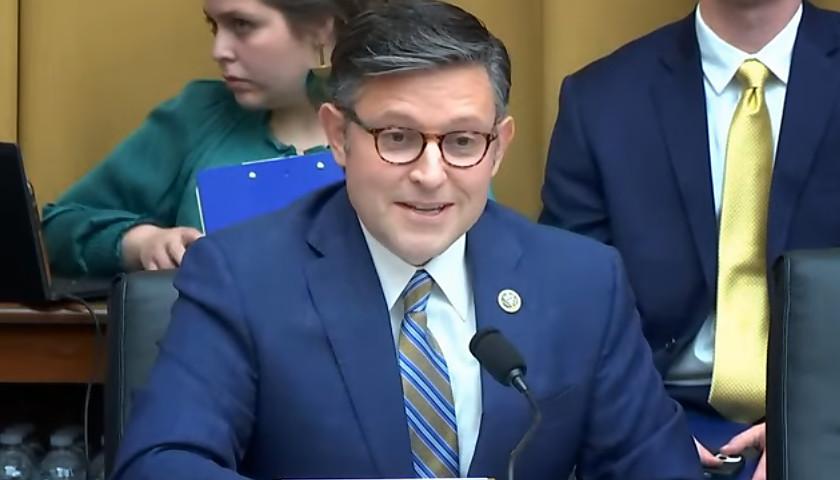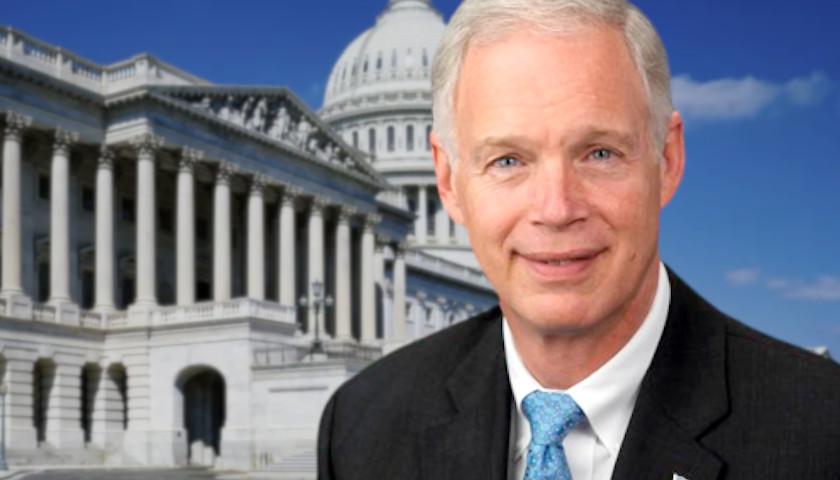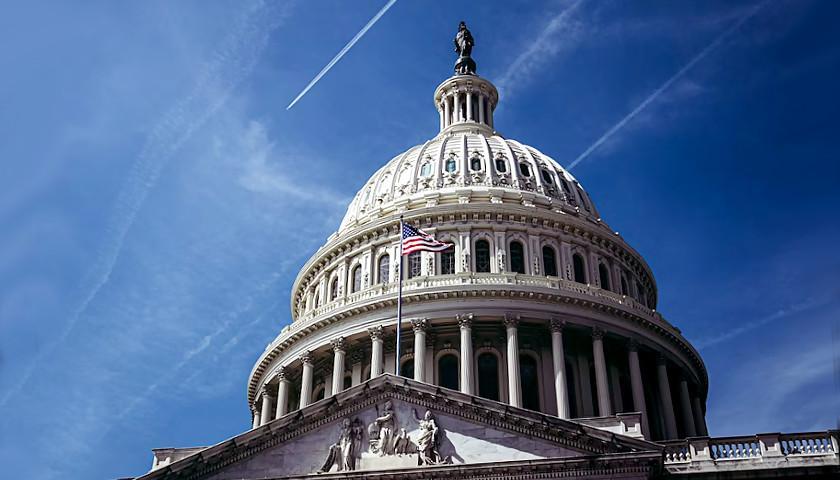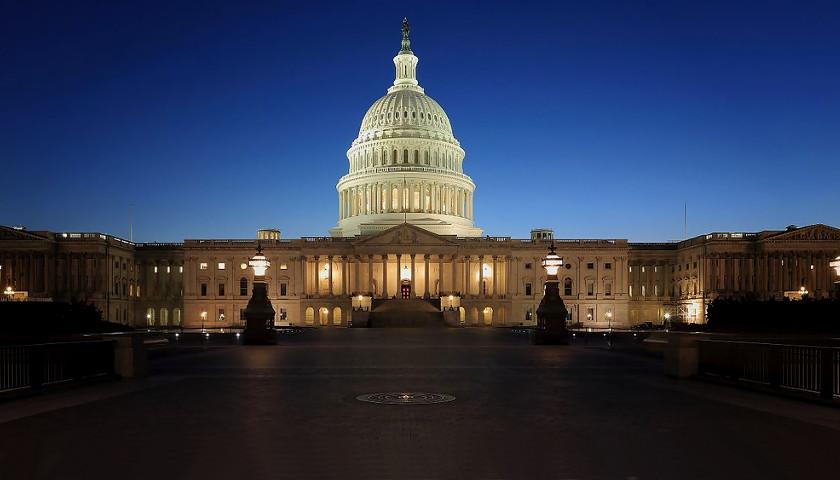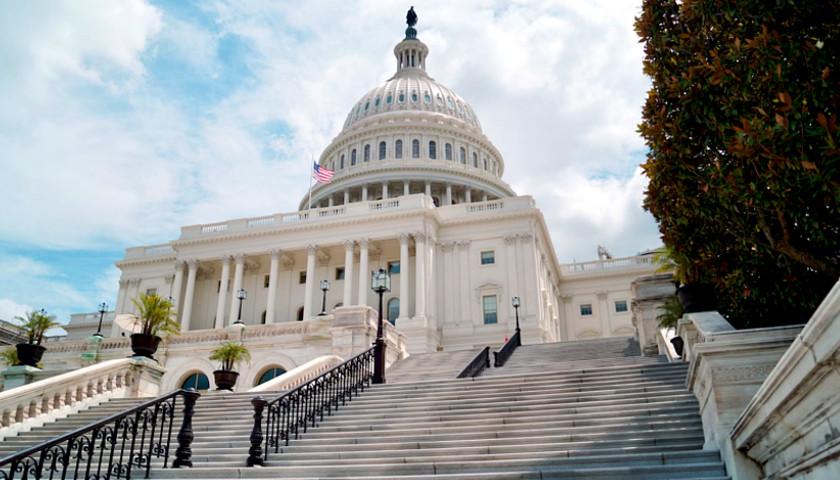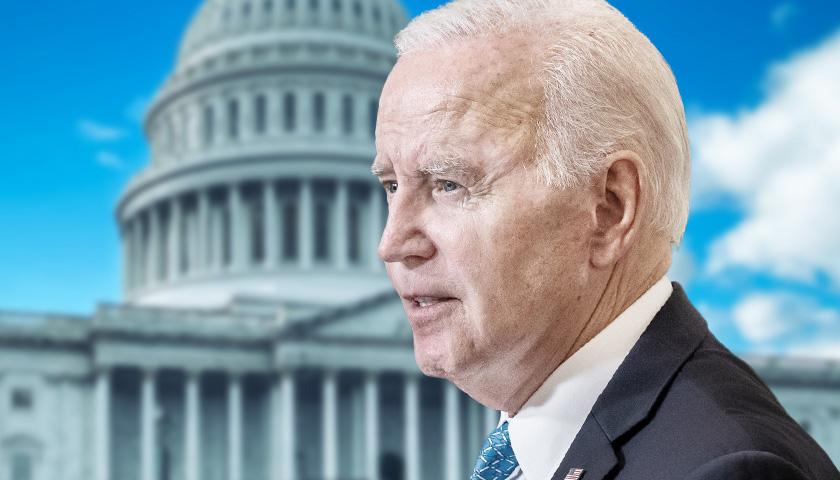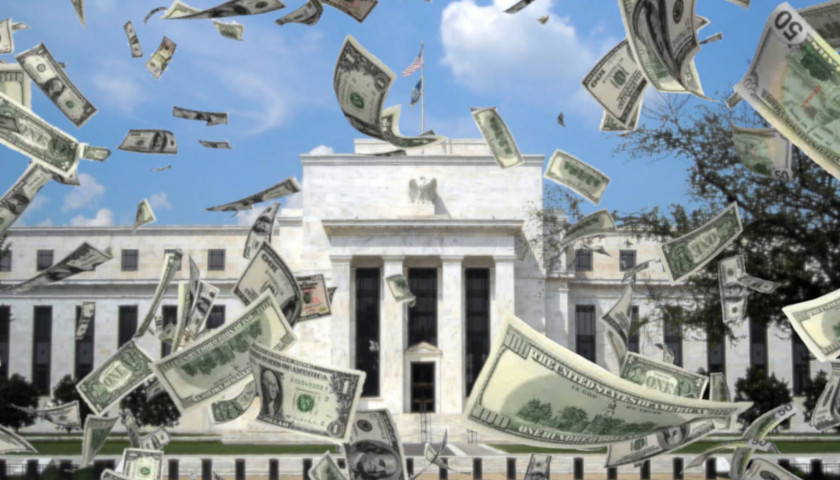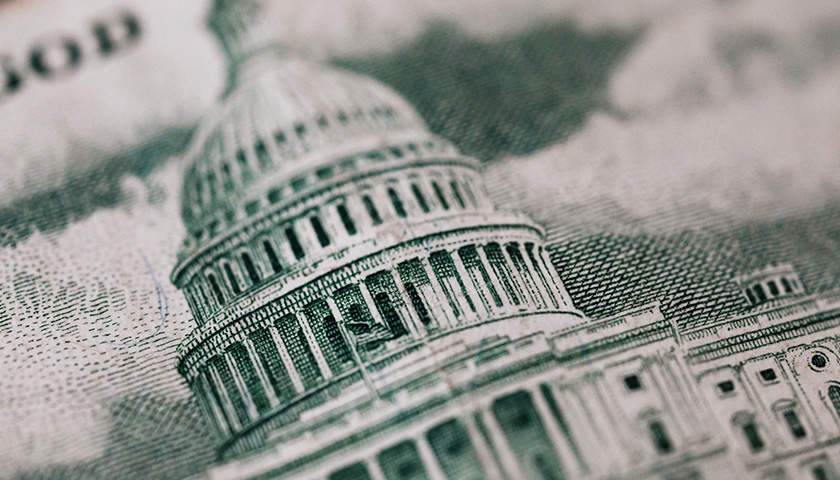California’s budget deficit has nearly tripled since last year, culminating in the largest revenue discrepancy the state has ever seen, according to a report from the state’s Legislative Analyst’s Office (LAO).
The state’s budget deficit ballooned to $68 billion this year after recording a deficit of $24 billion last year, owing to an unprecedented tax-revenue shortfall, according to the LAO report. The deficit is the highest in dollar terms that the state has ever seen, but not as a percentage of overall spending, according to Politico.
Read More

